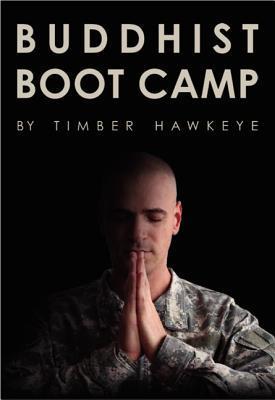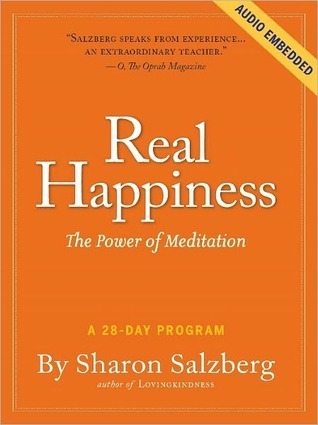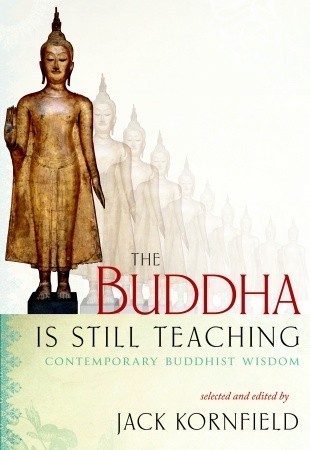
Buddhist Boot Camp
Book Description
Imagine a life unshackled from anxiety, where clarity and purpose reign. *Buddhist Boot Camp* takes you on a transformative journey through everyday chaos, merging ancient wisdom with modern challenges. Timber Hawkeye delivers practical lessons that cut through the noise, offering a distinctive path to mindfulness and self-discovery. Each page is a call to arms against the emotional turmoil that holds you back, inviting you to embrace peace amidst uncertainty. Can you break free from the patterns that keep you trapped, and discover the strength that lies within?
Quick Book Summary
"Buddhist Boot Camp" by Timber Hawkeye is a straightforward exploration of Buddhist principles tailored for modern life. Hawkeye distills complex spiritual and philosophical teachings into practical, bite-sized lessons for daily living. The book emphasizes the importance of mindfulness, non-attachment, and acceptance, advocating for self-awareness as a cure for anxiety and suffering. Each chapter offers reflections and actionable insights, inviting readers to break free from habitual thinking and emotional turmoil. Rather than espousing dogma, Hawkeye presents Buddhism as a set of adaptable tools to cultivate inner peace and personal growth. The essence of the book lies in learning to find calm amidst chaos, making conscious choices aligned with one's values, and fostering compassion for self and others.
Summary of Key Ideas
Table of Contents
Mindfulness in Everyday Life
"Buddhist Boot Camp" begins by helping readers understand mindfulness as a practice that can be woven into every moment. Hawkeye encourages paying attention to thoughts, feelings, and actions without judgment, enabling individuals to break free from autopilot and approach each day with greater awareness. The book emphasizes that mindfulness isn’t reserved for meditation cushions—ordinary moments, from the way we eat to how we converse, can become opportunities for awakening and growth.
Letting Go of Attachment and Expectations
Central to the book is the Buddhist concept of non-attachment. Hawkeye explains how suffering often stems from clinging—whether to people, possessions, or outcomes. By letting go of rigid expectations, learning to accept change, and releasing the need for control, readers can experience a profound sense of peace. The author provides practical examples of how to loosen attachments gently, guiding the reader toward emotional freedom and resilience.
Compassion for Self and Others
Compassion is portrayed as both a cornerstone and a goal of spiritual development. Hawkeye argues that genuine compassion must start with the self, dismantling the inner critic and replacing self-judgment with kindness. From this foundation, compassion naturally expands to include others, helping build healthier relationships and communities. The book offers exercises to cultivate empathy and suggests approaches for dealing with difficult people while maintaining boundaries.
Living with Intention and Clarity
Living with intention forms another key theme. Hawkeye urges readers to clarify their values and align daily actions with those values. This means setting clear priorities, making conscious choices, and understanding the impact of one’s words and deeds. The book highlights how intentional living, rooted in mindful presence, can transform even mundane tasks into meaningful acts, fostering a sense of purpose amid life’s unpredictability.
Personal Responsibility and Growth
The concluding sections stress personal responsibility and growth. Hawkeye frames every challenge as an opportunity to learn and evolve. Readers are encouraged to own their actions, reflect on their growth, and engage continuously with the process of self-improvement. The book rejects rigid rules in favor of flexibility, urging readers to adapt Buddhist wisdom to their unique circumstances. Ultimately, "Buddhist Boot Camp" invites everyone to question, reflect, simplify, and cultivate peace both within themselves and the world around them.
Download This Summary
Get a free PDF of this summary instantly — no email required.





